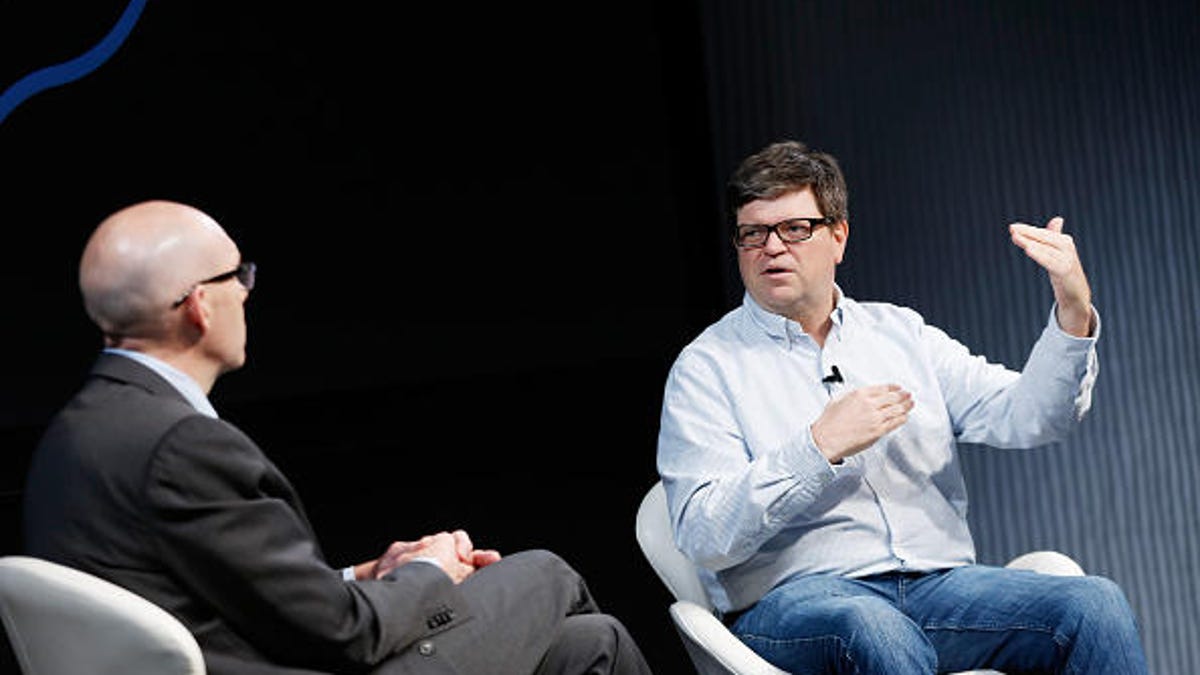Facebook is trying to give AI 'common sense,' says chief scientist
Even a lot of humans don't have that.

Facebook's chief AI scientist, Yann LeCun, says the company is interested in developing a smart assistant that has a certain level of "common sense."
Facebook has its eyes on artificial intelligence chips.
In recent interviews, Facebook's chief AI scientist, Yann LeCun, said the company is developing its own AI chips that could help it make more conversational digital assistants and monitor Facebook content in real time.
"In terms of new uses, one thing Facebook would be interested in is offering smart digital assistants — something that has a level of common sense," LeCun told the Financial Times. "They have background knowledge and you can have a discussion with them on any topic."
LeCun reportedly wants Facebook's digital assistant to be more like humans and to understand "what will happen when the world responds to [its] interactions with it."
Besides smart assistants, Facebook also reportedly plans to develop AI chips that can monitor content in real time in order to help human moderators decide what to keep on the social network and what to remove. He also reportedly wants to lower the chips' power consumption and make them process information much faster.
Facebook in April started assembling its own team to develop chips, aiming to keep pace with tech giants like Google , Intel and Qualcomm in the artificial intelligence race. The social media giant posted jobs in two categories: AI chips and machine learning for Oculus virtual reality headsets. Facebook already uses AI to help with everything from fighting bots that set up fake accounts to fixing images of your friends.
LeCun also said at the 2019 International Solid-State Circuits Conference on Tuesday that computer chips nowadays are typically not optimized for deep learning, so people are "trying to design new ways of representing numbers that will be more efficient."
First published on Feb. 19, 9:50 a.m. PT.
Update, 1:14 p.m. PT: Adds Yann LeCun's statement at the 2019 International Solid-State Circuits Conference.

